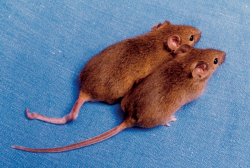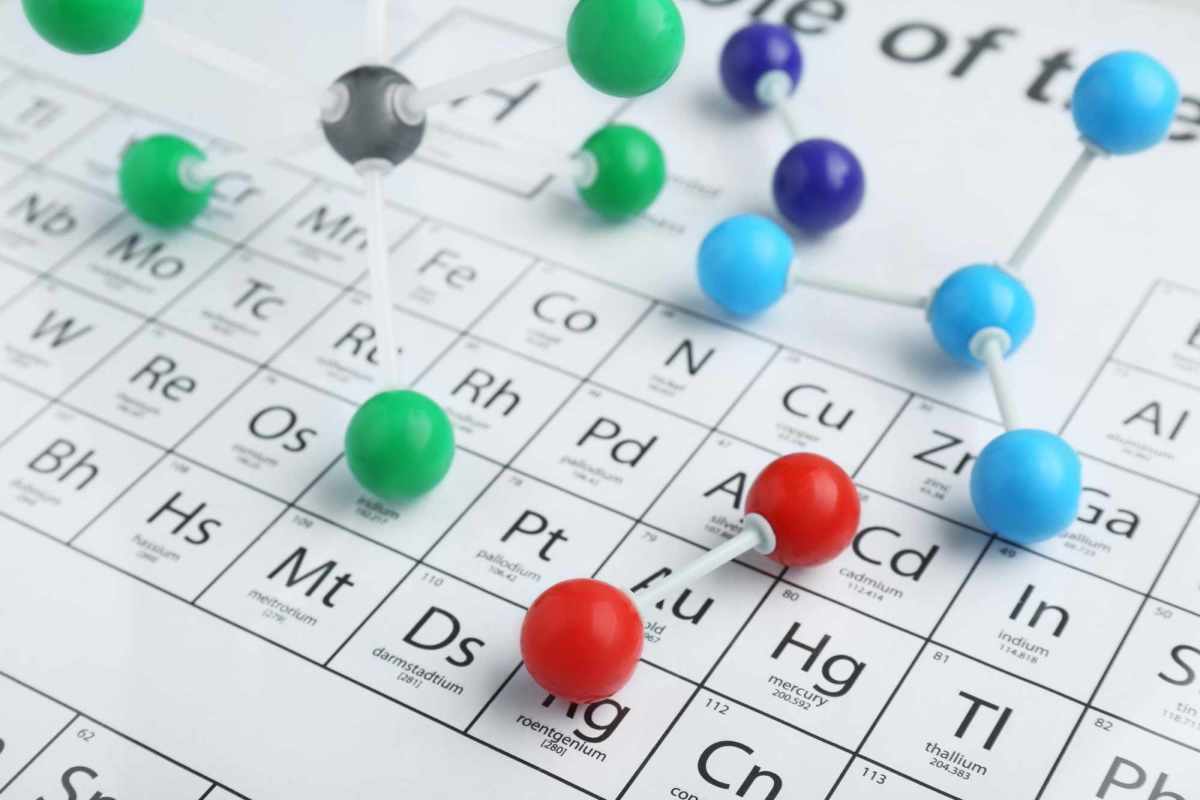What is Epigenetics?

Epigenetics, Simplified
Most people know DNA makes us who and what we are. You get half of your DNA from your mother and half from your father. But various factors control how much of that DNA actually gets "expressed", or turned "on". In other words, you may have your parents' genes, but you may not have the same genes turned "on" as they do.

How do genes get turned "off"?
There are two ways:
1. DNA is wrapped around proteins called "histones". Histones can hide DNA from the cell so that it cannot be used by the cell, thus turning it "off".
2. Biochemical modification. DNA methylation is the most understood form of this. (DNA methylation is the process in which a methyl group is added to the cytosine pyrimidine ring or a nitrogen of the adenine purine ring. Basically, its role is to turn genes "on" or "off" and prevent harmful elements such as viral genes from changing the DNA expression.)
Can identical twins be different?
Yes!
Even if they have the same exact DNA, twins can still be different. The effects of DNA methylation passed down from the mother and father can be different. These different DNA methylation effects can compete to determine which trait the child gets.
The lives of our ancestors affected our DNA!
Researchers are finding that the food our grandparents ate and the lives they lived could affect which of our genes are turned on or off. They found that famine during certain periods in the lives of grandparents can affect the life expectancy of their grandchildren. The effects of stress can be passed down through generations. Furthermore, exposure to toxins like fungicides and pesticides has been found to cause biological changes in rats that last for at least 4 generations.
Can a mother change her child's genes?
Yes. There are two ways in which she can alter her child's epigenome.
1. The mother's habits while her child is in her womb can affect which of the child's genes are turned "on" or "off"
2. After the child is born, early experiences can affect the child. For example, disrupting the relationship between a mother and her baby can lead to an impaired response to stress and impaired maternal behavior in the child once he or she becomes an adult. One study showed that rats who had received more grooming in their youth were braver, less anxious, and more resilient to stress. The researchers found that the grooming had caused changes in the DNA in their brains.
So epigenetics can result in mental illness?
Yes.
Scientists are still working on this. But as you read above, the early life experiences of a child can contribute to mental illness as can the mother's experiences while her child is in the womb.
How does IVF (In Vitro Fertilization) affect genes?
Scientists are also working on this, but it is clear that the child's experience in the womb affects epigenetics. One affect of IVF may be Beckwith-Wiedemann Syndrome, a disorder which is related to abnormal gene expression. Researchers have found that babies conceived through IVF have 3 to 4 times the chance of developing this disorder.
Can epigenetic changes cause cancer?
Yes. Some cancers are caused by epigenetic changes.
A stem cell ages every time it repairs tissue damage. The cells of a person who has been exposed to lots of factors that damage tissue are older than the cells of someone who has been exposed to fewer damaging environmental factors. Smoking is toxic to cells and causes tissue damage (A smoker's lung is twenty years older than the lung of a non-smoker). Peeling skin is damaged tissue that needs to be repaired. Skin exposed to the sun is damaged.
Over time chemical tags accumulate that can turn genes on and off, causing cancer. Because the genes themselves are turned off rather than damaged, these epigenetic changes can sometimes be reversed! This means that there may be alternative treatments to these types of cancer which are not as toxic as traditional cancer treatment.
How can we alter the expression of our own DNA?
There are many environmental factors and lifestyle factors that can change our "epigenome". The food we eat in infancy and during development could affect the health of our epigenome. Smoking and exposure to other environmental factors can also affect it. There may be other ways to improve the health of our epigenome, however, not much is known about how to do this yet.






